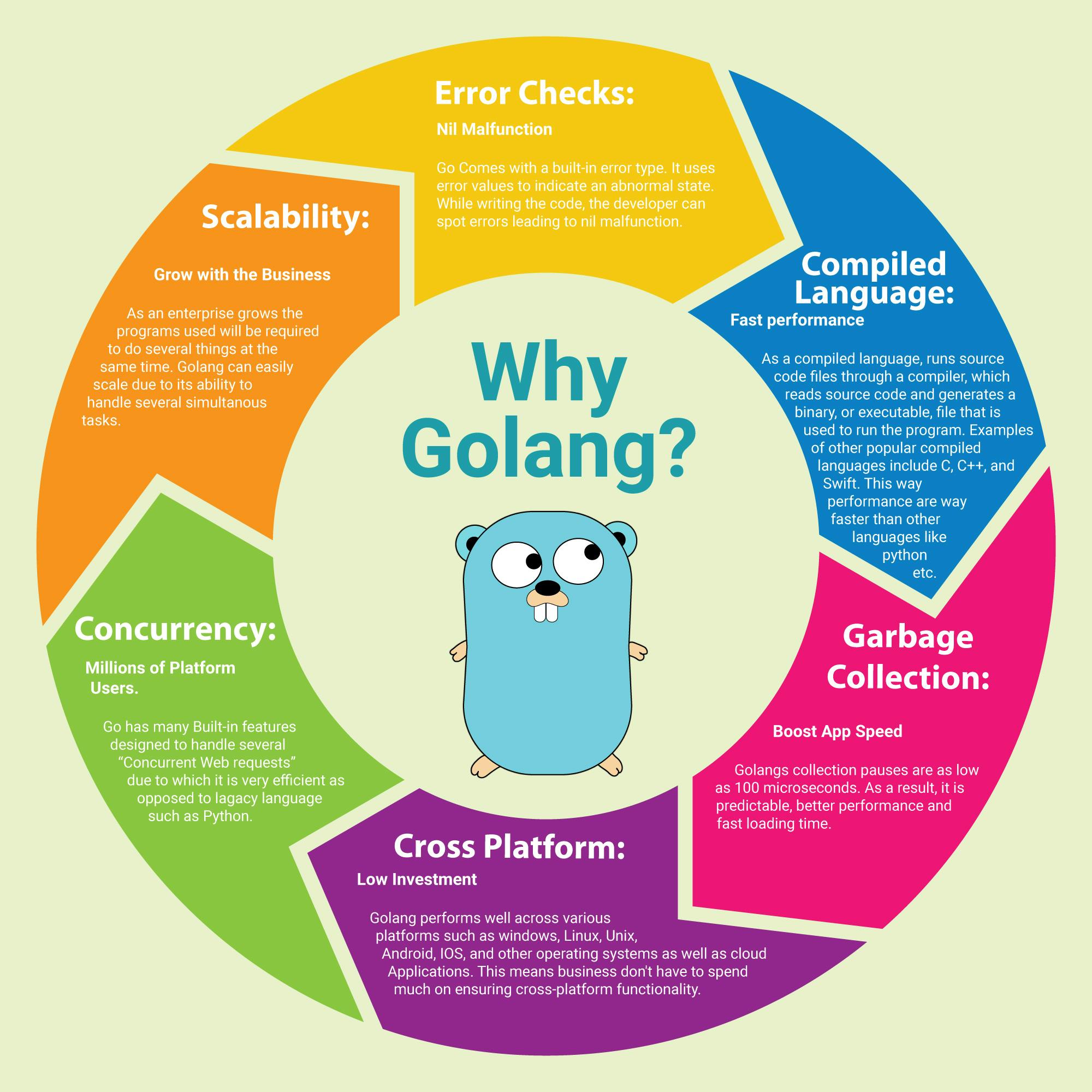
When we start learning a new language, we try to find the purpose of the language first so that we can decide if we're going to use that language in our project or not.
So when starting with Go, it's common that you'll hear that " it's a systems language" as this was one of the earlier descriptions of language by the Go team. It was constructed to combine the speed and power of languages like C with the syntactical elegance of modern interpreted languages like Python in mind.
From Go FAQ,
Why Go was created?
Go was born out of frustration with existing languages and environments for systems programming.
Go hasn't been considered a web language until recently as its main initial purpose to handle system-related tasks.
Now Go is web-ready out of the box, it lacks a lot of the critical frameworks and tools people so often take for granted with web development now. As the community around Go grew, the scaffolding began to manifest in a lot of new and exciting ways. Combined with existing ancillary tools, Go is now a wholly viable option for end-to-end web development.
Back to that primary question:
Why Go?
An honest answer to the above question, it's not right for every web project, but any application that can benefit from high-performance, scalable as the business grows, secure web-serving out of the box with the added benefits of a beautiful concurrency model would make for a good candidate.
We can summarize Golang's effectiveness in six points:
- Concurrency
- Scalability
- Error Checking
- Compiled Language
- Garbage Collection
- Cross-Platform
Concurrency
Millions of Platform Users
Go has many built-in features designed to handle several concurrent web requests due to which it is very efficient as compared to other legacy languages such as python etc
Scalability
Grow with the Business
As an enterprise grows the programs used will be required to do several things at the same time. Golang can easily scale due to its ability to handle several simultaneous tasks.
Error Checking
Nil/Null Malfunction
Go comes with a built-in error type. It uses error values to indicate an abnormal state while writing the code. The developer can spot errors leading to nil/null malfunction.
Compiled Language
Fast Performance
As a compiled language runs source code files through a compiler, which reads source code and generates a binary, or executable, file that is used to run the program. Examples of other popular compiled languages include C, C++, and Swift. This way performance is way faster than other languages like python etc.
If you like, you can read the same article on our official blog
You can read my other blog-posts Here
Garbage Collection
Boost App Speed
Golang's collection pauses are as low as 100 microseconds. As a result, it is predictable, better performance, and fast loading time.
Cross-Platform
Low Investment
Golang performs well across various platforms such as Windows, Linux, Unix, Android, IOS, and other operating systems as well as cloud applications. This means businesses don't have to spend much on ensuring cross-platform functionality.
